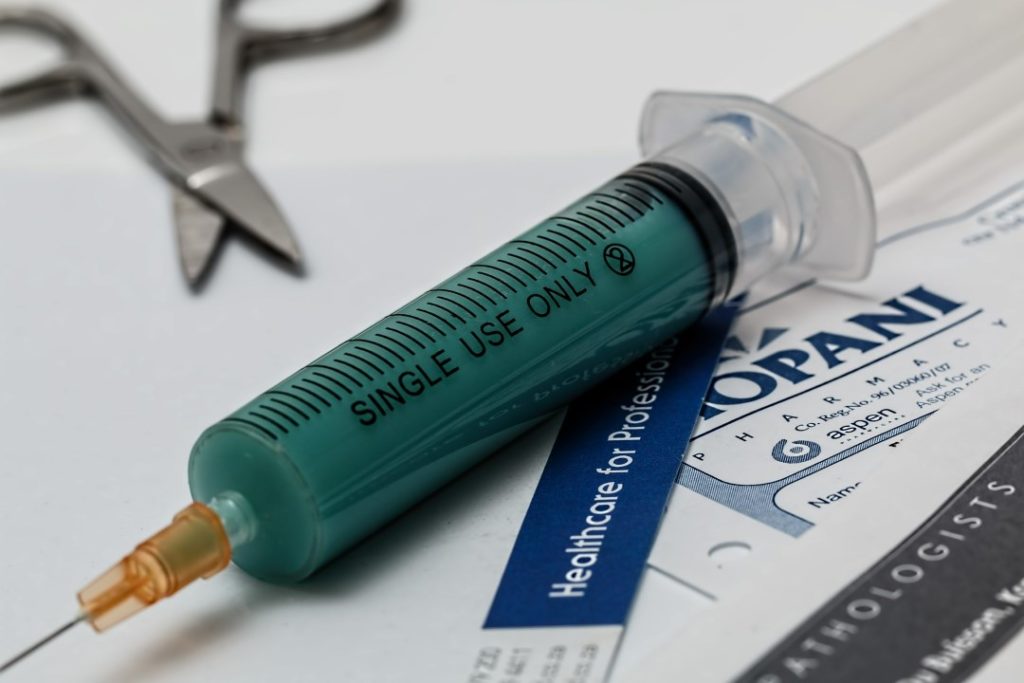
Contents
What is Hepatitis B vaccine?
Hepatitis B vaccine protects against hepatitis B. It is administered as intramuscular injection. Hepatitis B is a liver disease. It is caused by the hepatitis B virus. It is spread through contact with the blood, or other body fluids, of an infected person. Pregnant women can infect their new born babies. People infected with hepatitis B might not feel sick, or might suffer loss of appetite or tiredness, muscle or stomach pains, diarrhea or vomiting, or yellow skin or eyes (jaundice). A baby who is born to a chronically infected mother has a 70%–90% chance of being infected at birth. Many people who are chronically infected will suffer from serious problems such as cirrhosis (scarring of the liver) or liver cancer. In babies and young children, it is normally injected into upper thigh muscle. However, this vaccine may be injected under the skin for patients with blood disorders.Hepatitis B Immunization Schedule
There are several options for hepatitis B vaccination: Schedule 1- Birth
- 1st month
- 6 months
- Birth
- 6 weeks
- 14 weeks
- 6 weeks
- 10 weeks
- 14 weeks
- Birth
- 6 weeks
- 6 months
- Birth
- 6 weeks
- 10 weeks
- 14 weeks
Effectiveness
The duration of immunity to hepatitis B virus (HBV) from plasma-derived vaccine was generally believed to be around 10 years. Booster shots may be recommended at some point to reinforce immunity lost over time.Side effects
Hepatitis B is a very safe vaccine. It contains non infectious materials so there is no chance of any infections. Mild problems were reported like- Soreness (about 1 person out of 4)
- Fever temperature of 99.9°F or higher (about 1 person out of 15)